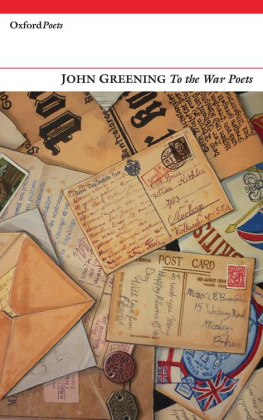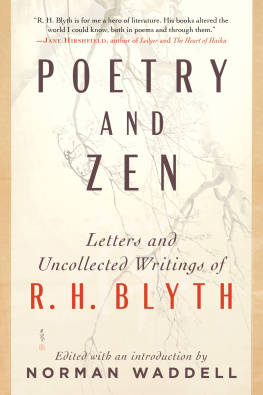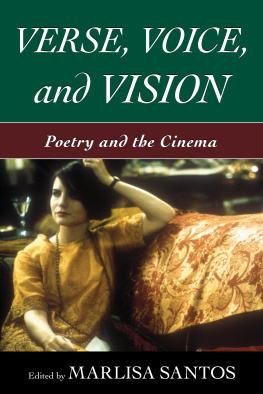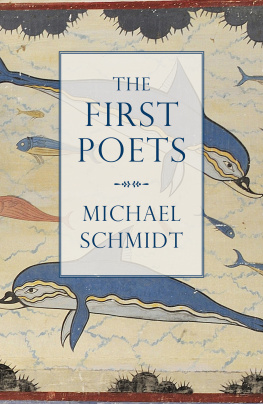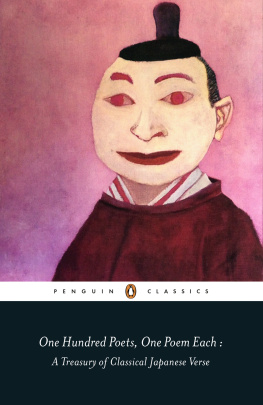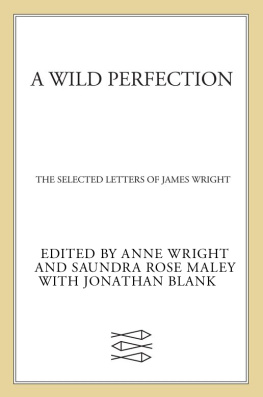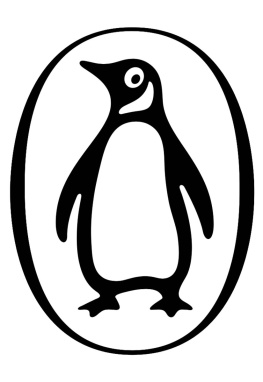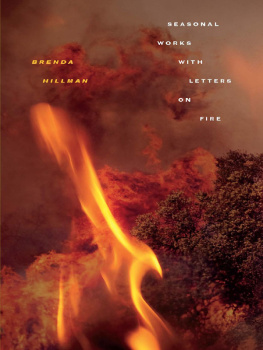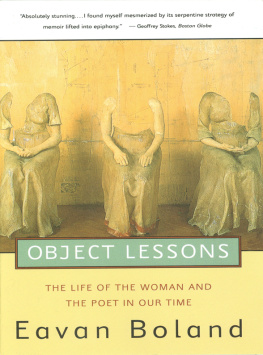Thanks are due to the editors of the following publications, in which poems in this book have appeared:
Agenda (Dropping Slow, Eglwys Llangwyfan, Hiraeth);
Aret (To Rudyard Kipling);
Bow-Wow Shop (Africa, The Island, In Trafalgar Square, So it Runs, Wadi Halfa); Brindin Press website (translations of German poets);
Critical Quarterly (Aldermaston, Odyssey);
Horizon Review (Cycle with Cytologist, Hounslow, The Train);
Ink, Sweat & Tears (Forge House);
The Interpreters House (Waldo Williams in Perry);
London Magazine (Causeway);
Modern Poetry in Translation (poems by Ernst Stadler, To the Sun (after Akhenaten));
Poetry Review (To Edward Thomas, Field, American Music);
Quadrant (Colonial, Elgar, The Hope Valley Line);
The Rialto (Reading John Clare);
Seam (Middlesex, Piano);
The Spectator (To John McCrae);
Stand (To Laurence Binyon, To Julian Grenfell);
The Times Literary Supplement (To Isaac Rosenberg, 11, Kentish);
The Use of English (Yeats Dances, To Rupert Brooke). New World featured in the programme for the Czech Philharmonics concert at Symphony Hall, Birmingham and on the halls website, for which I am grateful to Julie Boden. The Edmund Blunden verse letter appeared in the Blunden Online journal: thanks to Margi Blunden. Reading John Clare was a contribution to the Festschrift for John Lucas,
Speaking English. The Hope Valley Line was included in
The Quadrant Book of Poetry (ed. Les Murray). Awre was used to preface Michael Greenings book
A Family Story.
I am grateful to Martin Carver for letting me take as an epigraph to The Mounds at Sutton Hoo a quotation from his invaluable book Sutton Hoo, Burial Ground of Kings? I owe a particular debt to my colleague Bill Skinner for organising the battlefields trip during which many of the verse letters were drafted. To One Who Was With Me is dedicated to Helen Morrell, who was at the St Julien memorial with us when she received news of the death of her friend Dermot Sheridan in a helicopter crash.
Contents
Shall they return to beatings of great bellsIn wild train-loads? Wilfred Owen
Georg Heym (18871912)
Hes risen now, who slept so long, Hes risen from deep vaults, among The days remains. Huge and unknown He stands. His black hands crush the moon. Into the cities evening crack A shadow-frost falls, alien dark.
It makes the downtown bustle freeze. Go quiet. Glance round. No one sees. In side-streets, something grasps an arm. A question.
Answerless. Stay calm. Far off, the bells are trembling thin And stubble stirs on each sharp chin. Hes started. There, up on the fells Hes dancing, shouting: Men! To kill! And when he shakes his dark head, chains Of skulls go rattling round his brain. A moving tower, he tramples out The last of light.
The river clots As countless bodies staunch and dam Its reedy flow. The white birds swarm. He steeplechases through the night This red wild-shrieking hound, and out Of darkness spring nights secret shows, Footlit as if by lava flows. The fields are scattered with the pointed Caps of a thousand flames; the hunted Refugees below are thrust Into the forest fires to roast. From tree to tree, like yellow bats The flames spread as inferno eats Each forest. Rattling at the bars, The stoker prods it till it roars.
A city sank into the reeking Yellow, hurled itself, unspeaking. But he stands vast above the glow And shakes his torch three times to show The storm-zagged clouds, the frigid wastes Of darkness, he has seared this place To ash; then brings to his dry lips His brimstone spit: apocalypse.
Georg Trakl (18871914)
The winter storms mad organ playing is like the
Volks dark fury, the black-red tidal wave of onslaught, defoliated stars. Her features smashed, her arms silver, night calls to the dying men, beneath shadows of Novembers ash, ghost casualties heave. A spiky no-mans-land encloses the town. The moon hunts petrified women from their blood-spattered doorsteps.
Grey wolves have forced the gates.
Ernst Stadler (18831914) First, bolts had to be broken, moulds Be cracked before I let the world Come bursting through new pipes: with form Comes happiness and peace and warm Contentment, yet I always need To unplough whats been laid to seed. Form wants to stifle and confine, But I must sail beyond the line. Form is pitiless, hard and clear, Yet drives me to a stagnant mere. Without the lifelines dull insistence, Life can sweep me out any distance.
August Stramm (18741915) Overhead a stones harsh warble Night grinds glass Times dont change Stone me.
Your distant glaze!
LangemarkIn der Dmmrung steht er, gross und unbekanntNo chair in this no-frills hostel designed for parties of schoolchildren studying the war. Four pallets on two bunk-beds, metal, functional. Bed-bugs? Perhaps. I had wondered, as we swiped our plastic on the steel door to get to sleep, whats underneath? Now I have some idea, for this is the German cemetery. A wreath, massive, bronze, discoloured, like a sea monster scalily curled in on itself. Graves are dark slabs, the memorials monolithic; there is concrete.
Over forty thousand in this square of earth, taped as if for a crime-scene. Names wait in strict formation, stand to attention: have we reachedyet nineteen thirty-three? Against the budding trees and gathering clouds are silhouetted four huge, dumbstruck shapes.
A name that pulls away effortfully into a blue tunnel: that screen of blue they use to graft the fantastic on to the everyday in Hollywood but here untouched nonscriptus puffing a life towards its woodland terminus where Horsted Keynes will come to mean more than the terrifying hiss of steam as parents insist you must go with them for the bluebells. * I turn the page and it is La Flche dOr: this golden arrow straight to the heart of France entrances me, a sleeper across the night seas of these short interminable years before I turn the page and there are words and flesh to adore. * Was it Burton Bradstock we were returning from, a long haul through flooded Dorset, delay after delay, when the train at last had ground to a halt somewhere outside Castle Cary and through a glass smoking with gloom and shadowy work, one cry we aint got no steam! made us hoot? * As if it werent exciting enough to be in a camping coach at Lyndhurst Station, the steam trains hurtling past us all night through the New Forest, through our dreams of lines that switch into a clearing where King William is assassinated Oh, to be in England was the April headline as we woke to a whiteout, all the greenwood blank as the pages of a 1960s domesday book.
The white cliffs are like all the paper they could not have the men who were not rich enough to be officers and that steady grey horizon is a never-ending pencil lead.
The white cliffs are like all the paper they could not have the men who were not rich enough to be officers and that steady grey horizon is a never-ending pencil lead.
The channel is shifting with misty shapes of things that were said but never written, for lack of paper, for want of pencils, and beneath it currents and sands of what they really meant.
for Alan, Judy and ZaphodA

